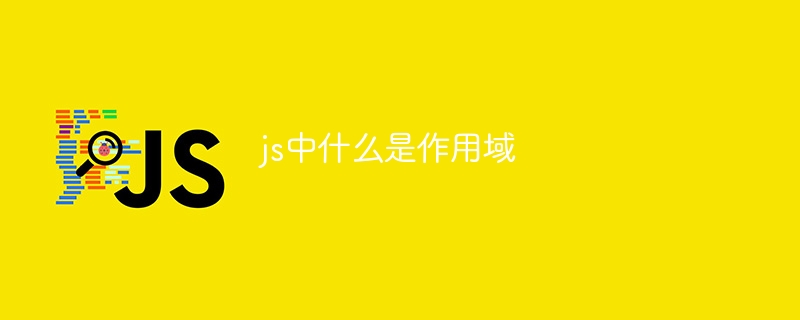
JavaScript scope is the environment that defines the accessibility of an identifier. It comes in two types: global scope (accessible to the entire program) and local scope (limited to within a function or block). Variable scope is determined by the way it is declared: global declarations have global scope, local declarations have local scope, and those declared using let or const have block scope. Closures allow inner functions to access outer scope variables. Scopes prevent naming conflicts and ensure that variables are only available in the parts of the code that require them.

What is JavaScript scope?
Scope is an environment that defines the accessibility of identifiers (variables, functions, objects). It determines from which parts of the JavaScript code these identifiers can be accessed.
Scope types
JavaScript has two main scope types:
How to determine the scope of a variable
To determine the scope of a variable, you need to consider the following rules:
let or const have scope only within the {} block. Importance of Scope
Scope is crucial for organizing code and preventing naming conflicts. It ensures that variables are only visible in the parts of code that require them, reducing errors and confusion.
Example:
<code class="javascript">// 全局作用域
const globalVar = 1;
// 局部作用域
const localVar = 2; // 仅在该函数内部访问
function testScope() {
const blockVar = 3; // 仅在该块内访问
console.log(globalVar); // 1
console.log(localVar); // 2
console.log(blockVar); // 3
}
// 闭包作用域
const outerFunc = () => {
const outerVar = 4;
return function innerFunc() {
const innerVar = 5;
console.log(outerVar); // 4
console.log(innerVar); // 5
};
};</code>The above is the detailed content of What is scope in js. For more information, please follow other related articles on the PHP Chinese website!




